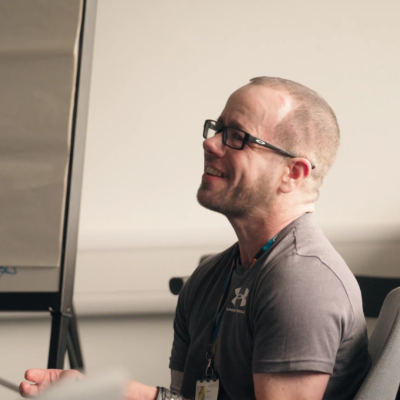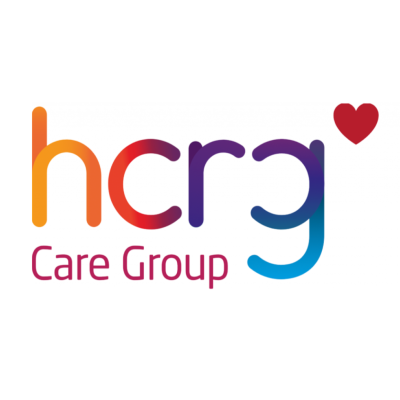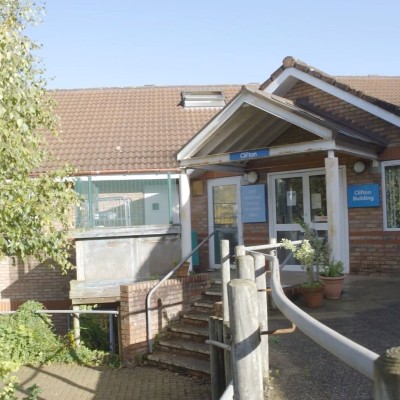Publish date: 14 May 2024
Avon and Wiltshire Mental Health Partnership NHS Trust (AWP) Talking Therapies team are getting active and raising awareness of the impact that movement can have on your mental health.
During Mental Health Awareness Week (MHAW) the Talking Therapies team are encouraging colleagues and the local community of all ages and abilities to embrace movement as a means of supporting their mental health. Whether it is going for a walk, practicing yoga, dancing or a team sport, every form of movement can make a difference.
Here is how our Talking Therapies team get moving in different ways:
“I pound the pavements five early mornings each week, by the time 8K is done, the mind has transformed”. Nicola Coles, Employment Advisor
“I actually love hiking and this year in my family we are doing a hike a month.” Imy Payne, Trainee Psychological Wellbeing Practitioner.
“I get active and move by doing gentle walking or swimming. My favourite thing is to do a gentle walk on a long flat beach”. Katie Wild, Assistant Psychological Wellbeing Practitioner
MHAW is an annual campaign that aims to raise awareness about mental health issues and promote positive mental wellbeing. It is organised by the Mental Health Foundation.
If you or someone you know is struggling with mental health, AWP offer a talking therapy service. You do not need to have a diagnosed mental health problem to refer yourself to the service. Getting support as soon as you start having difficulties can help to reduce their impact.
We have three services offering Talking Therapies for adults aged 16 and over living in Bath and North East Somerset (BaNES), Swindon and Wiltshire (BSW). One-to-one therapy can be offered online, via the telephone or in person to help manage a range of common mental health difficulties such as stress, low mood, depression and anxiety. The Talking Therapy service uses evidence-based therapies such as cognitive behavioural therapy to help support peoples recovery.
Ways to access Talking Therapies
For people with depression and anxiety difficulties, there is a range of access routes available into the service. Referrals can be made via health professionals or via self-referral. This enables people with depression or anxiety to contact services directly, bypassing the need for their GP to always refer them.
Click here to read more about Talking Therapies.









